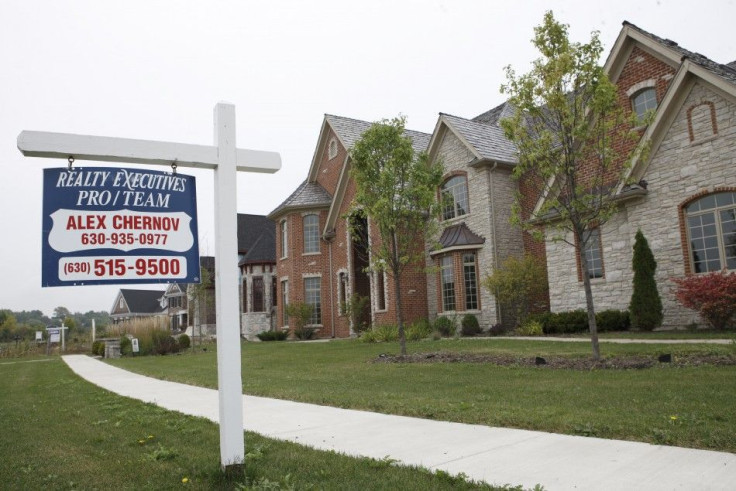U.S. Mortgage Applications Closed 2011 with a 3.7% Drop: MBA

U.S. mortgage applications fell 3.7 percent in the week ending Dec. 30, compared to the week ending Dec. 16, according to the Mortgage Bankers Association (MBA).
Despite historically low interest rates, refinances decreased 1.9 percent over the two weeks, while new purchases decreased 9.7 percent. Refinances made up 81.9 percent of all mortgage activity, the highest level of 2011, as homeowners sought to refinance their existing mortgages, rather than buying new homes.
“Refinance applications continue to account for the vast majority of total application volume, with the refinance share reaching its highest level in 2011, said Michael Fratantoni, MBA's vice president of research and economics, in a statement.
Total mortgage applications were 39 percent higher on a seasonally adjusted basis in the last two weeks of 2011, compared to the last two weeks of 2010.
Fratantoni added that the increase in fees charged by Fannie Mae, Freddie Mac and the Federal Housing Administration (FHA) as part of the payroll tax legislation is not expected to affect the housing market immediately.
Given the announced implementation of this change, we do not expect to see an impact on mortgage rates and application activity until at least February, he said.
In the week ending Dec. 30, rates for 30-year fixed-rate mortgages of $417,500 or less averaged 4.07 percent, the lowest rate in 2011. The rate for 30-year fixed-rate mortgages over $417,500 averaged 4.41 percent.
FHA-backed 30-year fixed-rate mortgages had rates of 3.96 percent. Fifteen-year fixed-rate mortgages averaged 3.37 percent, while five-year adjustable rate mortgages averaged 2.91 percent.
The MBA's survey covers over 75 percent of U.S. mortgage applications.
© Copyright IBTimes 2024. All rights reserved.











